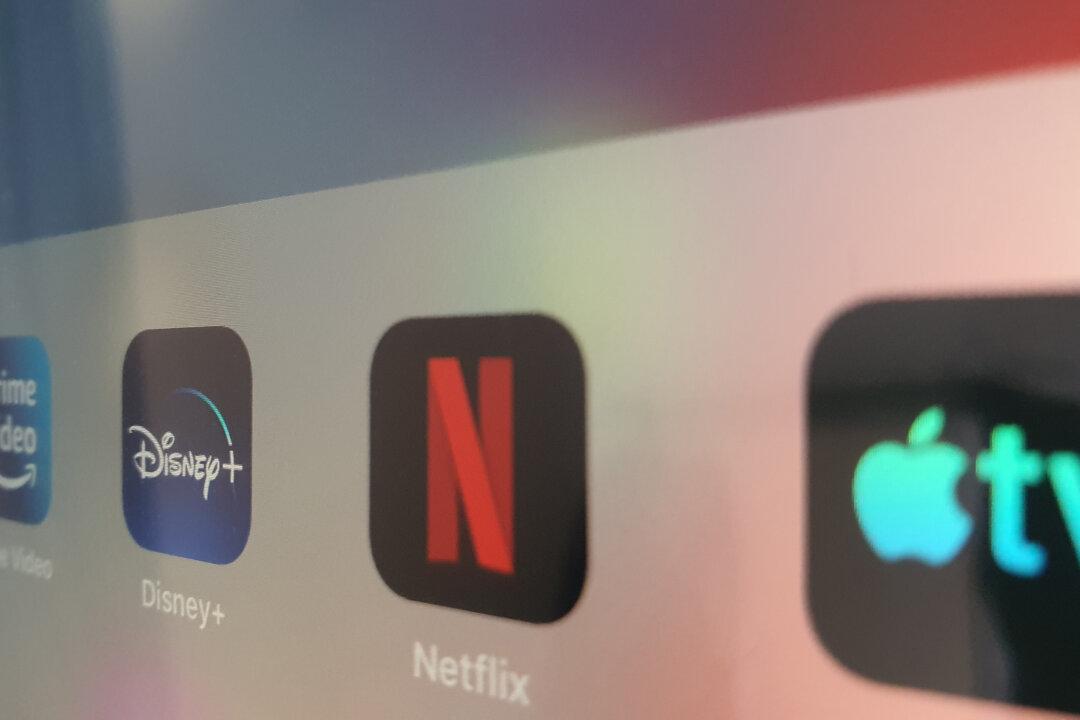New rules may be introduced in the UK to regulate streaming platforms such as Netflix, Amazon Prime Video, and Apple TV+ so their content will be more in line with those broadcast on TV.
The Department for Digital, Culture, Media, and Sport (DCMS) launched a new consultation on Tuesday, asking for public opinions on how to regulate video-on-demand (VoD) services.





